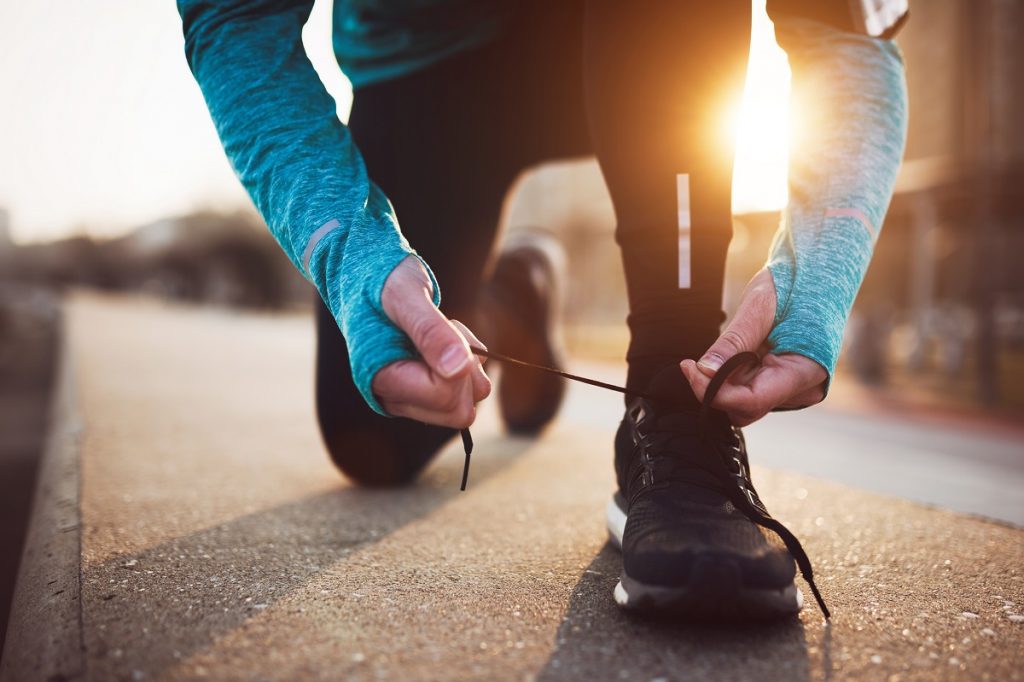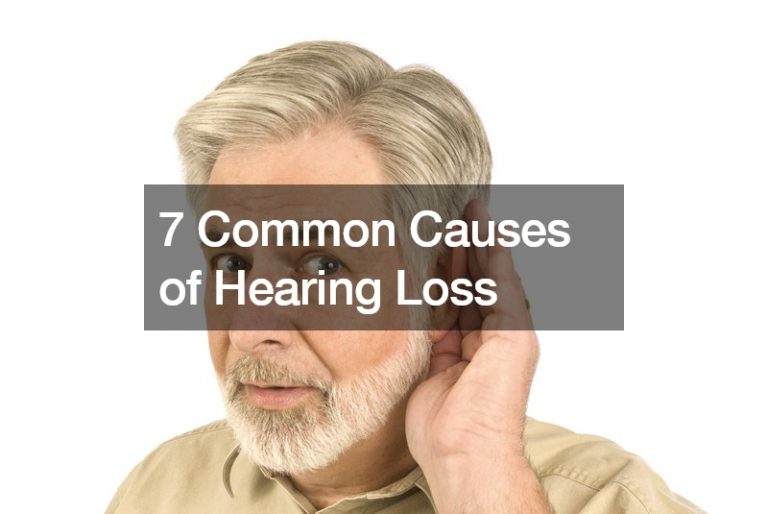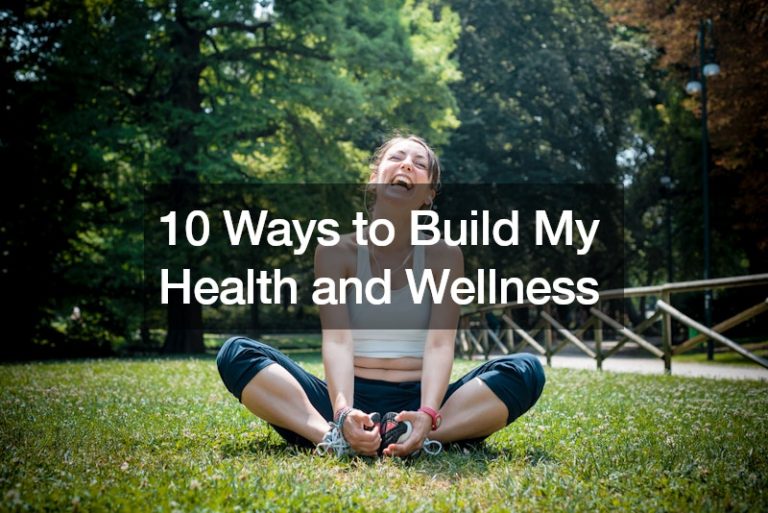The world is becoming more and more aware of how fitness works. Thanks to the countless amount of fitness and exercise resources, anyone can jump straight into exercising and see results. Ads that claim to make your biceps two inches thicker litter the Internet, protein shakes with flavors of all kinds are sold in major supermarkets, and fitness gyms pop up left and right. Indeed, today is an excellent time to be a fitness enthusiast.
However, it can be dangerous without the right approach to exercising. Many resources talk about how to exercise and what to eat but rarely do they talk about proper recovery. And that’s what we’re going to look at today.
Recovery Is Important
Over-training is counter-intuitive to working out. After all, rest is essential for your muscles and tissues to repair themselves and to build strength. For weight training sessions to grow muscles, this is even more important as the muscles will do the opposite and become smaller if pushed to their limits.
But beyond the physical effects, it also has mental effects. Not being able to work out because your body isn’t healed can be depressing. Especially if you have fitness goals, constantly being in a state of not being able to work out can merit a visit to a mental health therapist. That’s why it’s vital to prioritize recovery as much as working out itself. These two go hand in hand, and putting in the effort to exercise without allowing your body to recover would make your efforts moot.
So how can you recover after a heavy workout session? Here are some tips you can try.
Stretching Helps a Lot

After exercising, the muscles are typically tensed up, limiting your range of motion and making it difficult to move. The muscles then release lactic acid, resulting in muscle pain, fatigue, or even muscle cramps. You can counteract these by simply stretching before and after exercising. It allows the muscles to cool down and returns them to a normal state. It also improves the blood circulation, making sure your muscles get the oxygen it requires to recover. Stretching also removes the tightness of the muscle, letting you move it back to its full range of motion.
Foam Rollers Are Your Friend
If you’ve been a fitness enthusiast for some time now, you’re probably familiar with those round, tubular things that are used to ‘roll’ the muscles. Often called ‘foam rollers,’ this simple device allows the fascia (the connective tissue that covers most of your muscles and body) to remove the ‘knots’ or the tight feeling that we feel. They may not be comfortable to do, they might even be painful for some, but foam rollers can go a long way in helping you recover faster. If you don’t have foam rollers, getting a deep-tissue massage works in a similar way.
Hydrate, Hydrate, Hydrate
Everyone knows the importance of staying hydrated, but this advice should be followed even more if you’re a fitness enthusiast. Dehydration can result in muscular fatigue and severely limited performance, making you feel sluggish and lethargic. Whenever you exercise, make it a habit to hydrate as often as possible—not just when you feel thirsty. Water is the best choice, but any drink with electrolytes will help you dehydrate as well. Even in your daily activities, when you don’t exercise, staying hydrated is the key.
Pack Up on Protein
Protein is essential for muscle building. It’s the primary nutrient responsible for muscle growth. Since exercising your muscles essentially mean creating ‘micro-tears’ on the muscle fibers, protein is necessary to help facilitate growth and healing. They rebuild the muscles that were torn in the process of exercising, resulting in not only bigger muscles but stronger ones as well.
You don’t have to buy expensive whey powder to pack up on protein; remember that protein is a naturally occurring nutrient present in many of our food. You can drink milk, eat eggs, and lean meat to pack up on protein. Integrate protein-rich food into your diet, and you’ll find yourself recovering faster.
Get a Good Night’s Sleep

Most of our body’s self-recovery functions happen when we sleep. That’s why it’s necessary to get adequate sleep, preferably eight hours of uninterrupted sleep. When we sleep, our body produces natural growth hormones primarily responsible for muscle repair and tissue growth. After a day of challenging exercises, make sure you get six to eight hours of undisturbed sleep. And remember, six hours of uninterrupted sleep is a lot better than twelve hours of broken sleeping.
With these ideas in mind, you can prepare to stay fit, especially in the current pandemic. Working out shouldn’t be a daunting task.






